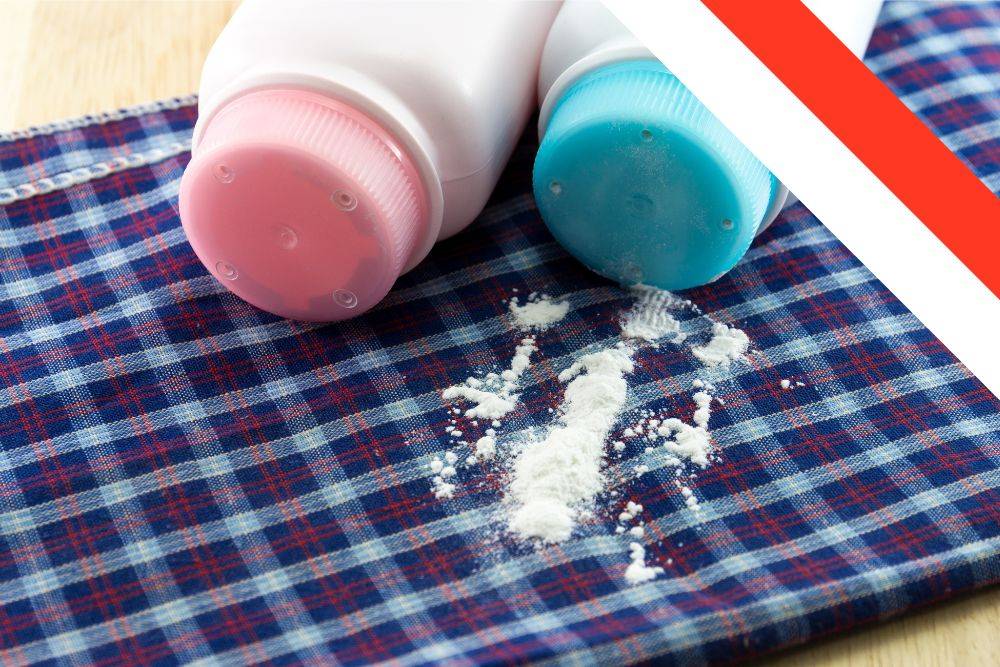The World Health Organisation (WHO) recently revealed alarming findings about using baby and talcum powder. According to their latest study, the use of these products may increase the risk of cancer in children, sparking concern among parents and the public.
Subsequently, Indonesia’s Minister of Health, Budi Gunadi Sadikin, has responded. He is taking the findings seriously and will consider action related to talcum powder.
Cancer Risk from Talcum Powder
A global WHO study found that exposure to talc, an active ingredient commonly used in cosmetics such as baby powder and loose powder, may increase the risk of cancer in children. The results of this study prompted WHO to issue a serious warning against the use of products containing talc.
WHO recommends that parents use baby powders and loose powders free of talc or other risky active substances to reduce the potential negative impact on children’s health. In addition, WHO emphasises the importance of conducting further research to understand the long-term impacts of using talc-containing products to better identify and manage health risks in the future. The findings have raised significant concerns among parents, prompting some of them to switch to safer grooming products for their children’s health.
Minister of Health’s Concrete Steps and Recommendations
The Indonesian Minister of Health, Budi Gunadi Sadikin, emphasised the urgency of stopping the use of talcum powder and encouraging the adoption of products that are safer for children’s health. This is a preventive measure to protect them from unwanted health risks. The Indonesian Minister of Health also highlighted the need for further research to understand the long-term impact of using talcum-containing baby powder. The Indonesian Minister of Health’s response to the WHO findings confirms her commitment to protecting the health of Indonesian children from the risks of using products containing potentially harmful ingredients such as talc.
Acute and Long-term Risks
WHO has identified that baby powders containing talc have a risk of causing cancer in children, raising significant concerns among parents and the general public. WHO recommends that parents use baby powder products that do not contain talc or other risky active substances. In addition, WHO also emphasises the importance of conducting further research to understand the long-term impact of talcum powder use, especially on children who are still in the growth and development phase. They encourage governments and the cosmetics industry to implement stricter regulations to protect children’s overall health.
Choosing Safe Products for Children’s Health
With these findings, it is important for parents to be more selective in choosing their children’s care products. Choosing talc-free baby powder or setting powder not only reduces unwanted health risks, but also provides long-term protection for future generations. The WHO has found that the use of baby powder or loose powder containing talc can increase the risk of cancer in children. Therefore, choosing safe children’s care products can prevent childhood cancer, which has a significant impact on their health throughout life.
Children’s health is a top priority for parents. By choosing children’s care products that are free of talc or risky active substances, parents not only reduce unwanted health risks, but also provide long-term protection for future generations. In addition, it is important to conduct further research on the long-term effects of using baby powder or loose powder containing talc. This will help identify broader risks and provide more accurate information to parents, so they can make better decisions for their children’s health.
Have a pressing question for a doctor? Medical Channel Asia has launched a community forum page where you can get questions answered by a medical specialist. Visit the community forum here.

